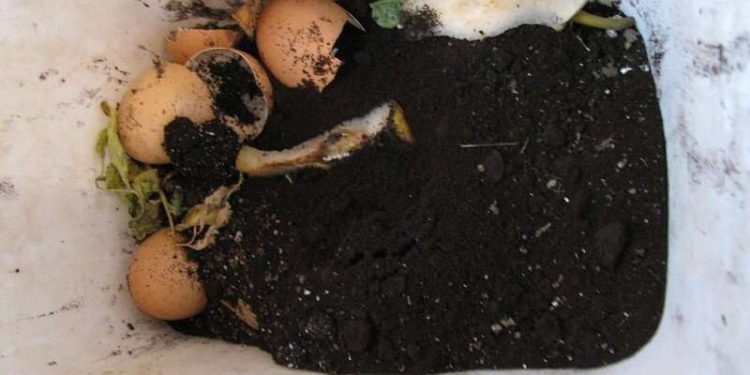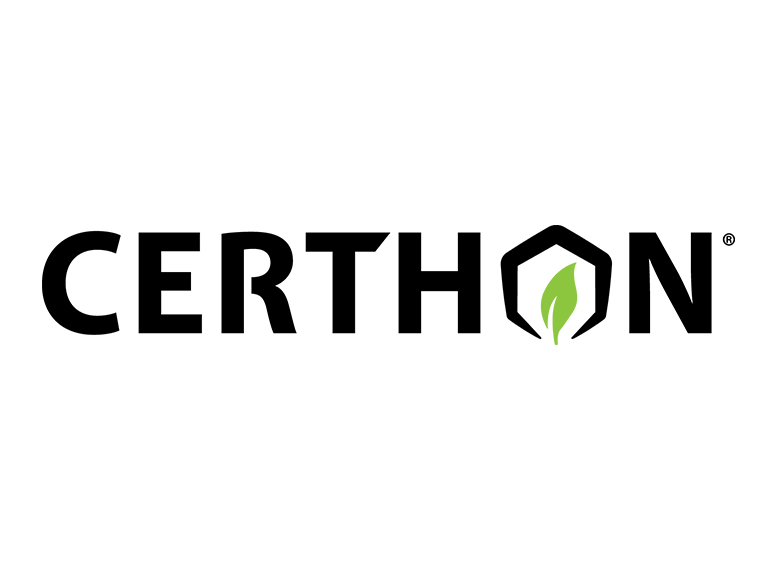Discover the surprising potential of coffee grounds as a natural solution to combat slugs in agricultural soil. Backed by the latest data from reputable sources, this article unveils the benefits of incorporating coffee waste into farming practices, offering valuable insights for farmers, agronomists, agricultural engineers, farm owners, and agricultural scientists seeking effective and eco-friendly slug management strategies.
Article:
Coffee lovers around the world rejoice—the grounds from your daily cup of joe could hold the key to controlling slug populations in agricultural soil. Recent research has uncovered the remarkable effectiveness of coffee waste in deterring slugs, potentially providing farmers with a natural and sustainable solution to tackle these notorious pests. In this article, we delve into the latest findings and explore how appropriately using coffee grounds in soil can lead to slug-free crops.
According to a study featured in Phys.org, scientists conducted experiments to assess the impact of coffee grounds on slug behavior and population dynamics. The results revealed that when coffee waste was applied to the soil, it acted as a repellent, significantly reducing slug feeding activity and reproduction. The caffeine content present in coffee grounds is believed to be the key deterrent, disrupting slug behavior and causing them to avoid treated areas.
The implications of these findings are promising for farmers seeking environmentally friendly methods to control slug populations. By incorporating coffee grounds into the soil, agricultural practitioners can create an unfavorable environment for slugs, minimizing crop damage and reducing the need for chemical pesticides. This approach not only supports sustainable farming practices but also helps preserve beneficial organisms in the soil ecosystem.
Appropriately using coffee waste in slug management requires careful consideration. The study suggests that applying a layer of coffee grounds around vulnerable plants or as a mulch can deter slugs effectively. It is important to note that the effectiveness may vary based on factors such as coffee type, application rate, and slug species. Conducting on-farm trials and monitoring slug populations can provide valuable insights for optimizing coffee ground utilization.
In conclusion, the utilization of coffee grounds as a slug management tool presents a promising avenue for farmers and agricultural practitioners. With their repellent properties, coffee waste offers a natural and sustainable approach to control slug populations in agricultural soil. By integrating this eco-friendly solution into their farming practices, farmers can reduce reliance on chemical pesticides and promote a healthy balance in the soil ecosystem.
Tags: coffee grounds, slug management, pest control, sustainable agriculture, natural solutions, soil health, eco-friendly practices, caffeine deterrent.










